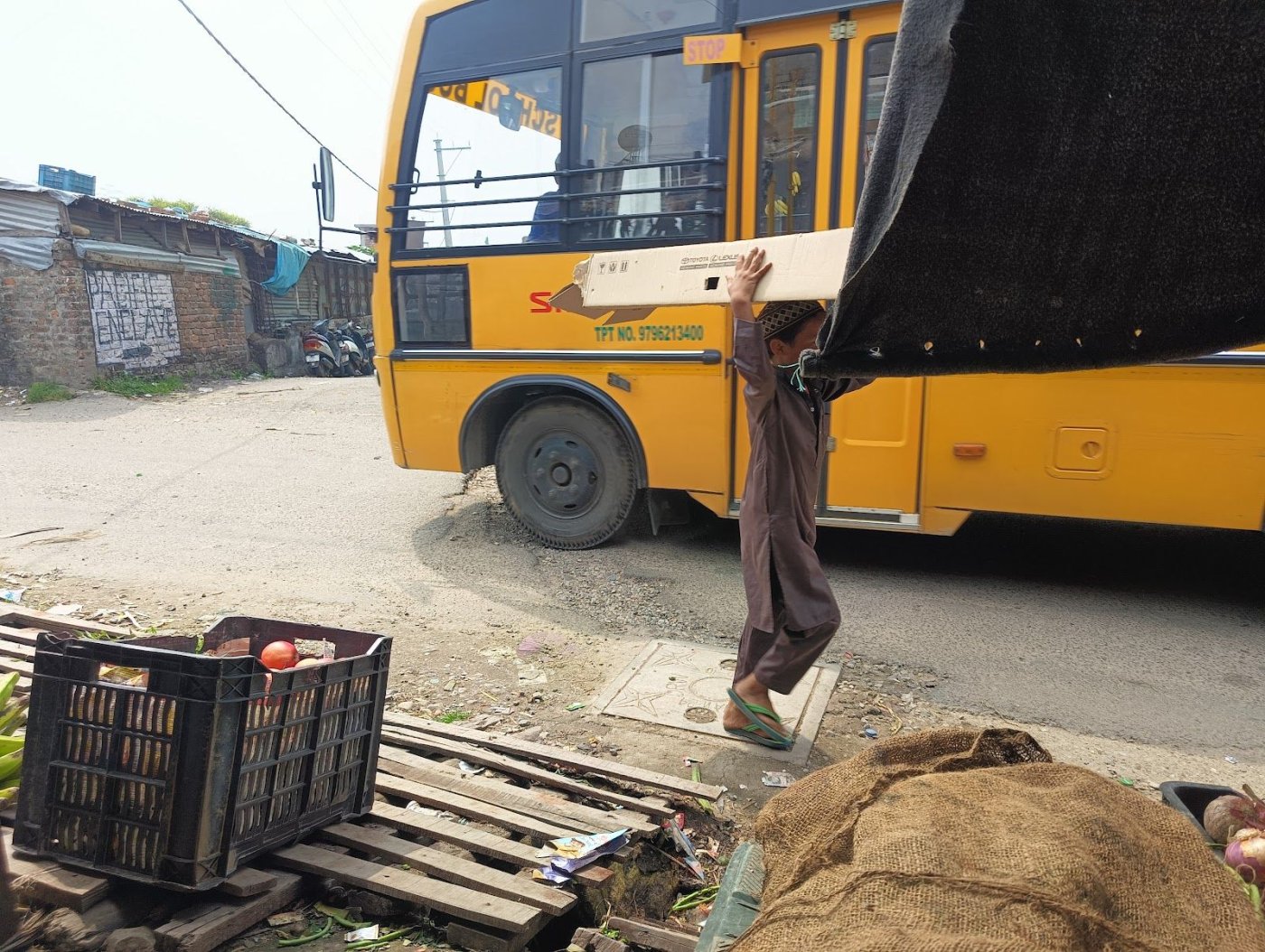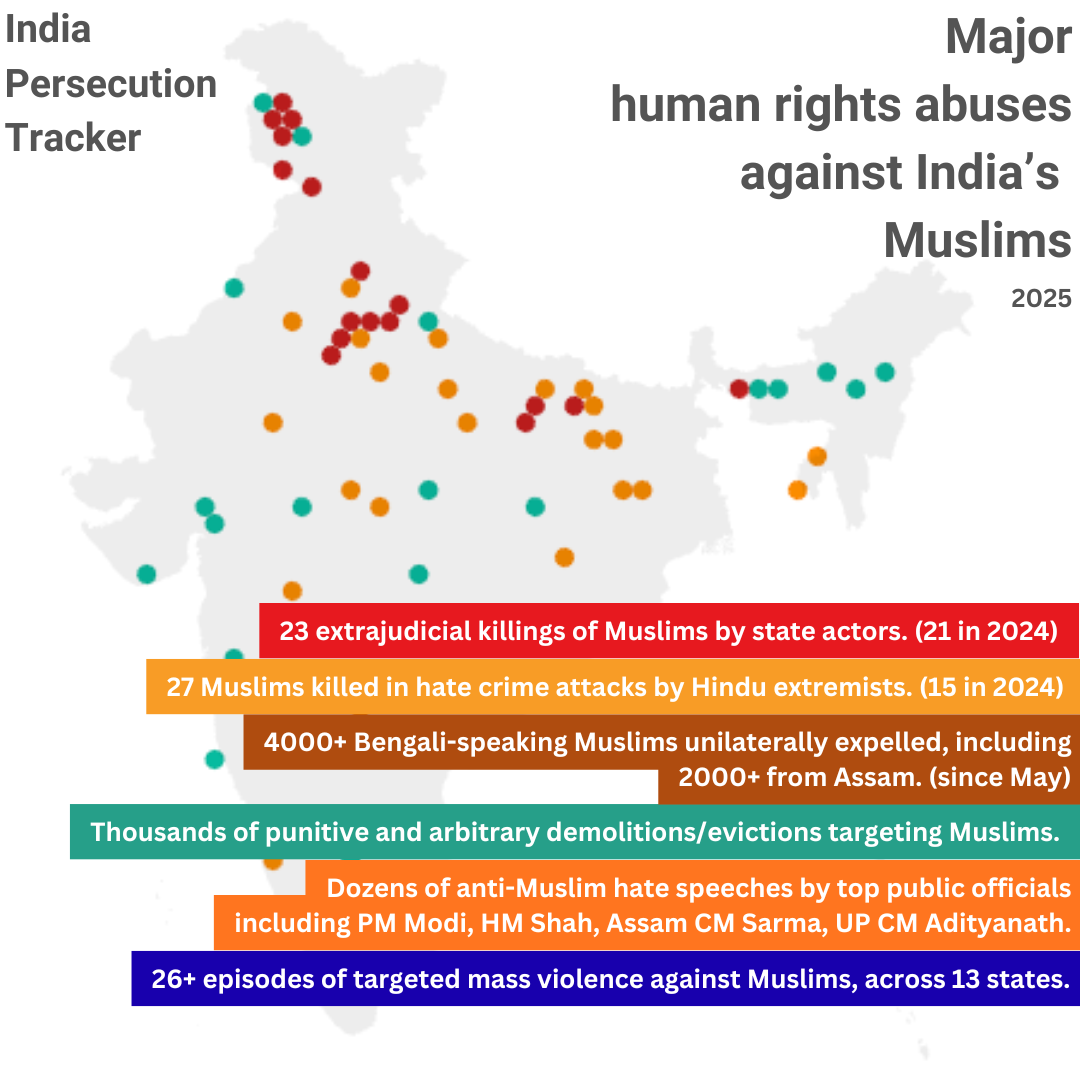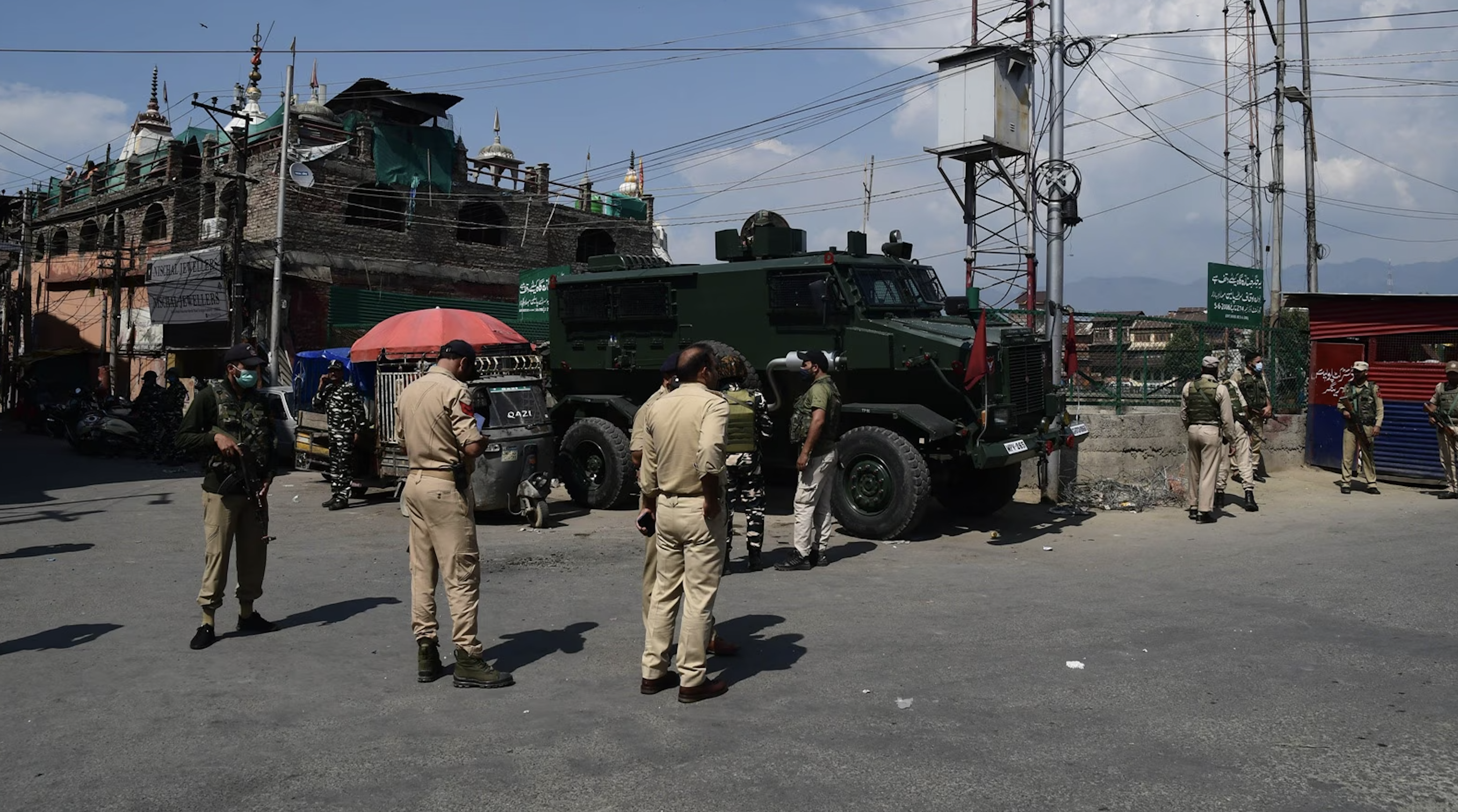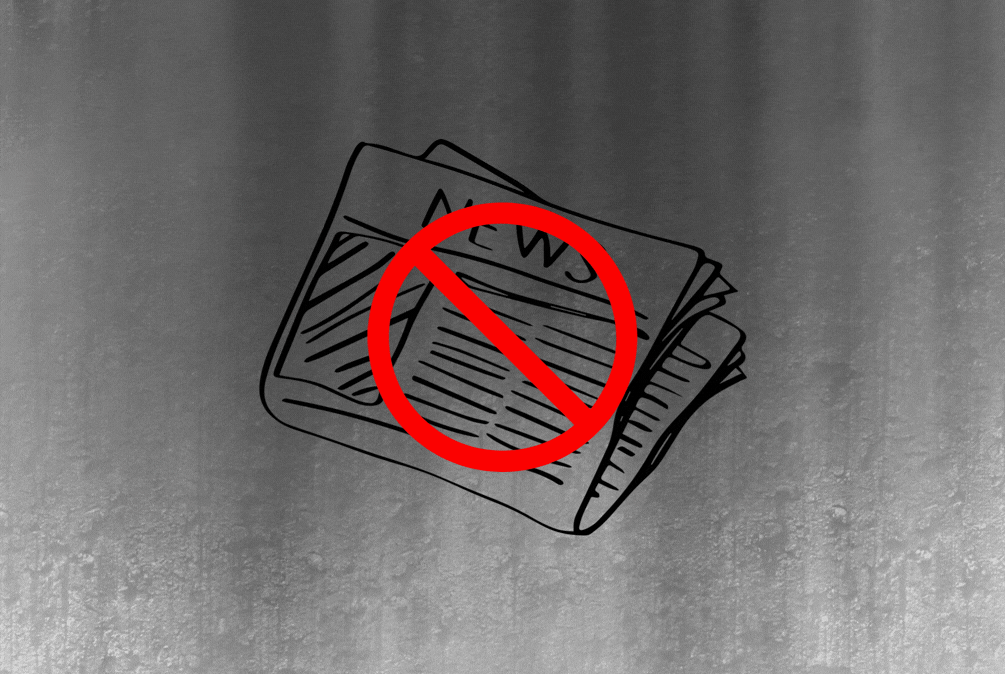
Jammu: Girls and boys aged about 10 to 12 years, nylon sacks hoisted over a shoulder, wandered through the narrow lanes in the Kiryani Talab locality of Narwal, a commercial hub in Jammu. They trawled the street corners for anything of value in piles of garbage—tin cans, plastic bottles, the occasional cardboard carton.
At the 20 or 30 shops built of wooden planks and tin sheets standing along these lanes, children aged eight to fifteen years worked alongside a parent or guardian, selling vegetables, fruit, and dried fish, or offering mechanical repairs or barber services.
Alongside a mosque, the voices of teachers and the recitation of lessons in chorus drifted out from the Government Middle School, Kiryani Talab. For the estimated 3,000 Rohingya children who live in a slum colony in this area, however, school has remained a dream. The school authorities have refused to admit them on account of not being Indian citizens.
Mohammad Arif, in his thirties, a parent and community leader, runs a small shop with plastic jars full of toffees lining the counter, a small fridge in a corner, and shelves holding a few bars of soap, packets of biscuits, and washing powder.
“I just came from the directorate of school education,” Arif said, sighing. “It was my second visit—but all in vain. The officer wasn’t there.”
This story was originally published in article-14.com. Read the full story here.






